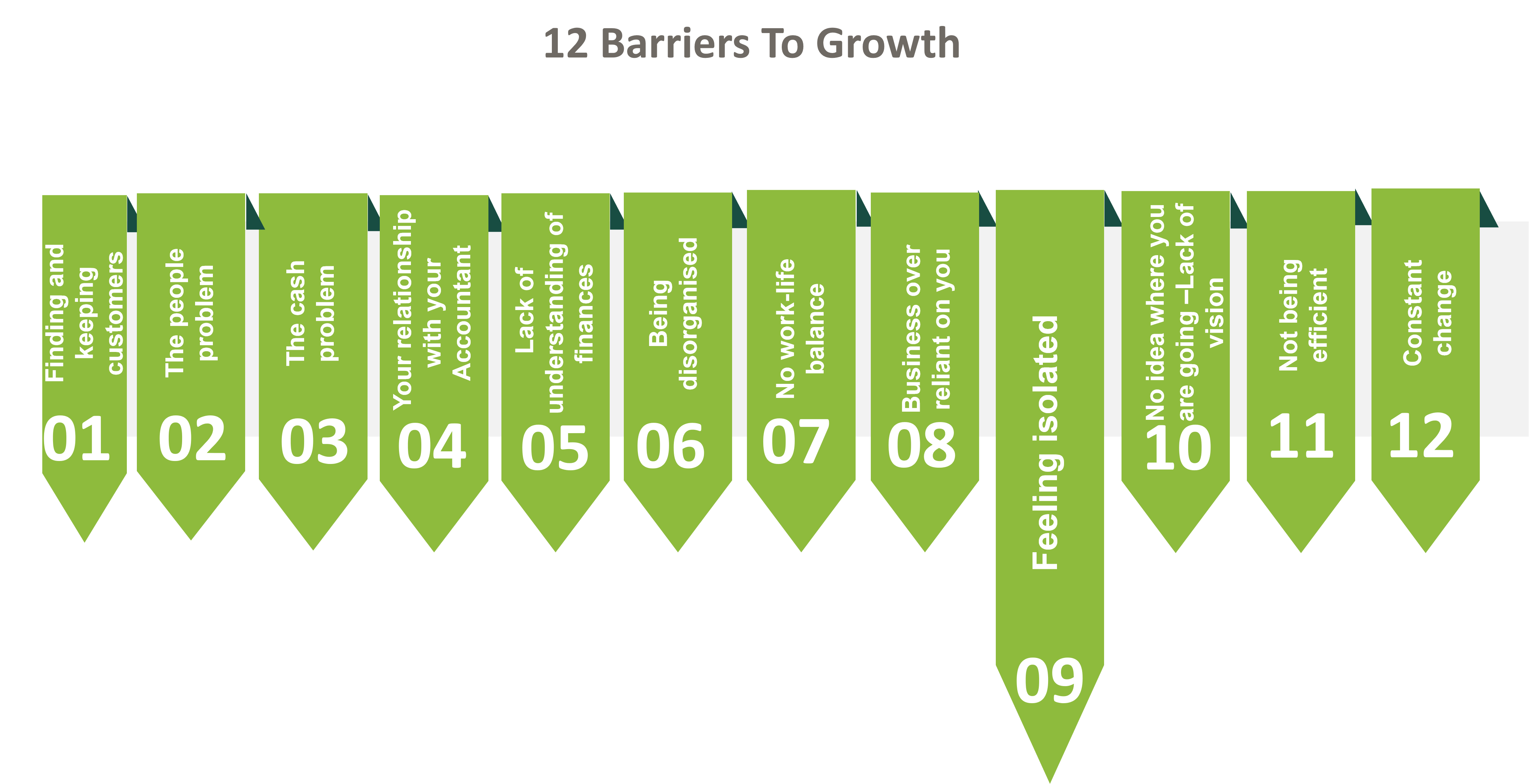Feeling Isolated

Its lonely at the top – running a business is not a common position. Most people, in their work life, have a boss or a manager someone that can guide them and give them the benefit of their wisdom. When you are the owner and manager, there isn’t anyone there to bounce ideas off. You are likely to have a good support network of employees, acquaintances etc but some of your problems are unique to the business owner. No one else will feel the weight of responsibility you have on your shoulders.
If you have a good wife, husband or life-partner, then you will talk to them, and they may give you advice, but they will never fully understand. They will go a long way towards understanding, but unless they are in your exact shows, they won’t quite get it.
It can be isolating running a business. Most small business owners won’t recognise this until something happens that you can’t talk to your employees about or your spouse, and then you need someone to talk to, and they aren’t there. An example of this could be financial worries where you don’t want to bother your spouse in case you worry them unnecessarily, but you are worried or the financial future of your business.
spouse in case you worry them unnecessarily, but you are worried or the financial future of your business.
One way to overcome this feeling of isolation is to build or join a network of peers, people who are in the same position as you – running a business. Talk to and ask advice from.
Building a Network
A good place to start with this is getting to know your suppliers and customers on a more personal level – many of them may be in the same position as you try to break through the normal relationship you would have and make it a bit more personal.
To do this occasionally change the conversations you have with them from work towards a more personal nature. Try and find out more about them their families, hobbies etc. find common ground and build up a rapport – over time your relationship will change.
This is a slow process and takes time to find the right people you are happy to confide in and who are happy to confide in you.
The alternative is to join a peer to peer support group that already exists.
These groups are designed to a) shortcut the time it takes to grow your network and b) introduce you to people from all walks of life not just those in your immediate network
A group like this usually have the following features:
- They contain your peers – this is people who are in a similar size of business as you – it’s no good talking to people who run smaller or much larger businesses the problems won’t relate
- The group need to be confidential so that you can talk openly about your problems
- Beheaded by an experienced chair who can keep things on track and
- Be focused on your goals and hold you accountable for them
Find all of these in a group, and you it will add value to your business experience
Check out www.theorganisedbusiness.co.uk/theboard
Its lonely at the top – running a business is not a common position. Most people, in their work life, have a boss or a manager someone that can guide them and give them the benefit of their wisdom. When you are the owner and manager, there isn’t anyone there to bounce ideas off. You are likely to have a good support network of employees, acquaintances etc but some of your problems are unique to the business owner. No one else will feel the weight of responsibility you have on your shoulders.
If you have a good wife, husband or life-partner, then you will talk to them, and they may give you advice, but they will never fully understand. They will go a long way towards understanding, but unless they are in your exact shows, they won’t quite get it.
It can be isolating running a business. Most small business owners won’t recognise this until something happens that you can’t talk to your employees about or your spouse, and then you need someone to talk to, and they aren’t there. An example of this could be financial worries where you don’t want to bother your spouse in case you worry them unnecessarily, but you are worried or the financial future of your business.
One way to overcome this feeling of isolation is to build or join a network of peers, people who are in the same position as you – running a business. Talk to and ask advice from.
Building a Network
A good place to start with this is getting to know your suppliers and customers on a more personal level – many of them may be in the same position as you try to break through the normal relationship you would have and make it a bit more personal.
To do this occasionally change the conversations you have with them from work towards a more personal nature. Try and find out more about them their families, hobbies etc. find common ground and build up a rapport – over time your relationship will change.
This is a slow process and takes time to find the right people you are happy to confide in and who are happy to confide in you.
The alternative is to join a peer to peer support group that already exists.
These groups are designed to a) shortcut the time it takes to grow your network and b) introduce you to people from all walks of life not just those in your immediate network
A group like this usually have the following features:
- They contain your peers – this is people who are in a similar size of business as you – it’s no good talking to people who run smaller or much larger businesses the problems won’t relate
- The group need to be confidential so that you can talk openly about your problems
- Beheaded by an experienced chair who can keep things on track and
- Be focused on your goals and hold you accountable for them
Find all of these in a group, and you it will add value to your business experience
Check out www.theorganisedbusiness.co.uk/theboard



